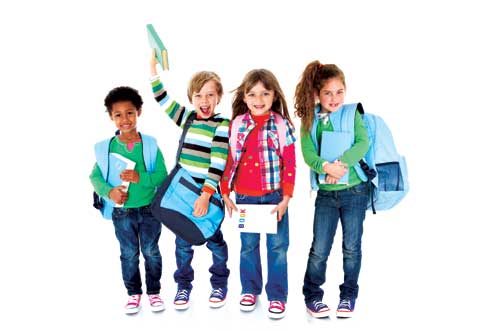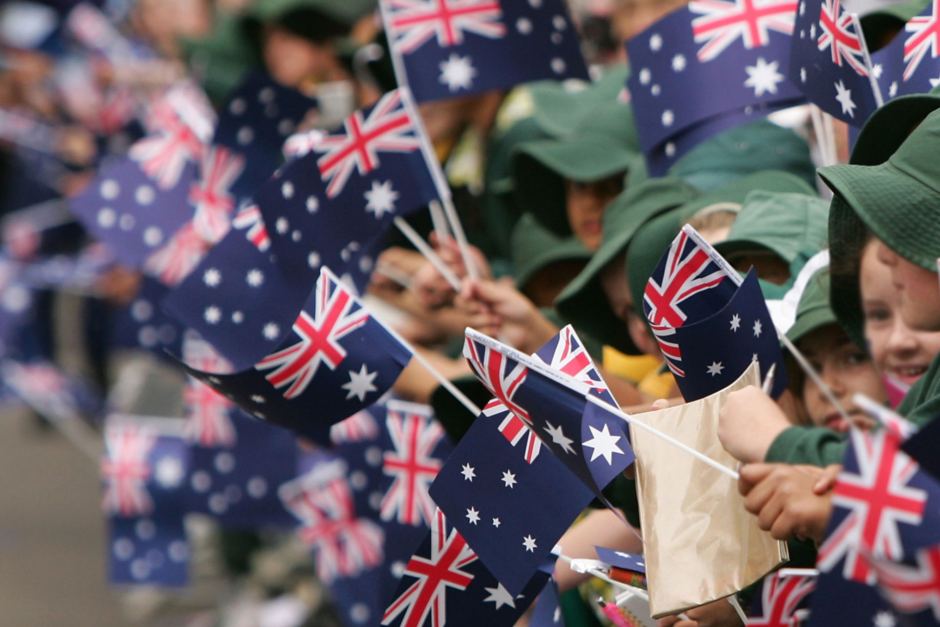As the world becomes more and more technologically advanced, it becomes obvious that within the next five to ten years, our world will change dramatically as well as our economy. The children who are growing now will be creators of our future and will need to develop a range of skills, which allow them to succeed in life on different levels. The modern economy will require people who have strong identities, multiple intelligences and well-developed verbal and written communication skills. As a result of this progress – the modern world will require new educational systems and dramatic changes within curriculum and assessment.
Pre-school is often undervalued and misunderstood. International research indicates that pre-school is the most important year and the quality of the program is reflected by educational programs and the qualifications of the teacher.
According to an article in the Sydney Morning Herald, the average school starting age in Australian children is 5.2, based on a study from 2012. This is lower than the majority of other developed countries. One country, which starts school at 7, is Finland. They have a fantastic school system, one that is deemed to be the best in the world. They believe in high quality educational programs and less testing and exams. Dr Sahlberg, a Finnish educator and author, said “The first six years of education are not about academic success.” “We don’t measure children at all. It’s about being ready to learn and finding your passion.”
At Bonkers Beat, we are devoted to the wellbeing of children and as such we keep up with the very latest and highest quality research from Australia and around the world.
Therefore, we have developed a policy and encourage parents to enrol their children into our funded 4-year old kinder program, particularly boys, who have turned 4 years old prior to January of the year they will attend. We note this policy is especially important for young boys because of the time difference in the development of boys and girls brains, ‘and since the brain affects cognitive development, attention and emotional regulation, this impacts a boy’s overall “school readiness,” including activity, attention span, and academic development’ (via Earlychildhood News).
The argument that some children are moved into school because they are bored at pre-school is one that may unfortunately be valid at times, depending on the pre-school children are attending. By ensuring that children are stimulated by their pre-school experience, there will be no need for young children to enter schooling before they are emotionally and socially ready and ultimately this will only lead to higher academic performance and educational success for all involved.
Another factor to consider is consistency. An enormous amount of learning takes place when children are involved in daily routines and experiences arranged by educators over a period of time. These daily events are so important because they provide opportunities for repetitive learning in a natural, enjoyable, fun yet structured way. We believe that consistent approach at kinder and at home helps children to build life skills, positive attitude and passion for learning. Its important for parents to understand that children’s confidence and leadership skills developed before school will help them to succeed anywhere.
Interesting research indicates that young children’s learning and development depend on the educational qualifications of their teachers. That is why at Bonkers Beat we feel that professional and personal development are crucial. We are proud of having highly qualified, experienced and passionate team. Leaning is the foundation of life. Therefore we are committed to continuous learning and provide many opportunities for our educators for in-house training and ongoing professional development.
School is an exciting time and there is no need to rush it. We all want our children to be capable, happy and one way to ensure this is to really think about their education before school which lays a profound foundation for their future.
Some helpful links about school starting:-
What’s the right age to start school?
School starting age: The evidence
6 Life Skills Kids Need for the Future
The Challenge of Boys in Our Early Childhood Programs
Experts warn starting school too young harms learning, wellbeing



